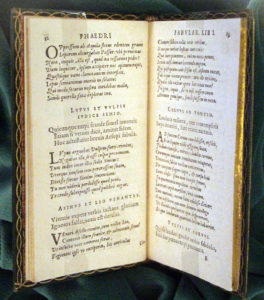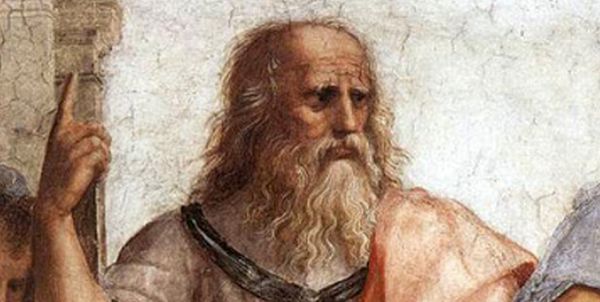Sometimes a wordless presence enters and shows us the ideal state we seek.
Living at Plato’s Academy
This is no theory. It happened to me. I was a 19-year old sophomore student at Stanford, living in a boarding house off campus called Plato’s Academy (that’s what we called it!). The time: circa 1963, during civil rights demonstrations and mass protests in the South. The boardinghouse was self-named by a bunch of us unable or afraid to travel down South. Yet we were in active rebellion against the materialist conception of science and philosophy dominating the physics and mathematics departments of Stanford at the time.
Our rebellion took the form of us studying intensely the pre-Socratics, Plato, Aristotle, and the Renaissance and Enlightenment philosophers, on top of doing our regular courses. We would collect together at the Academy, sometimes over dinner during the week, at other times in seminars in the living room on weekends. There we talked about what we were reading, discovering, not understanding, not agreeing with, puzzling over.
Reading Plato’s Phaedrus
All of our magnetic centers at the time were aflame for a higher knowledge and understanding we could not find in first derivatives or Newton’s law of gravitational attraction. Mine especially. And I found it in Plato’s Dialogues. I cannot remember when I started reading them. I only remember the seminar leader, a graduate student, asked me one day to prepare a paper on one of my favorites: The Phaedrus. This is Plato’s dialogue on the difference between higher emotional love–the ideal state–and erotic sexual love.

An Ideal State of Wordless Presence
My 19-year old magnetic center spent several weeks preparing the paper, reading and taking copious notes, carefully structuring the presentation. And then DT (Day of Truth) arrived. In the living room of the boarding house, one fall afternoon, ten students arrived for the seminar. The seminar leader, a dear friend, introduced me. I thanked him and spread my notes out on the table. Then smiled at the beaming faces of the other students, young men and women in their early 20’s. I knew all of them personally.
When I opened my mouth to speak, nothing came out. No words. I coughed and opened my mouth to speak a second time. No words. For a split second, I started looking off to the side at the Brownian motion of dust particles dancing in the afternoon sunlight. Then I looked directly in front of me a third time into the soft gentle eyes of my audience, to see a peace and stillness I had not seen before nor experienced. No words. A wordless presence. Finally, my graduate student friend said kindly, “That’s okay, Gil, maybe another time.”
Gilbert Moore has been a student of the Fourth Way for several decades.
